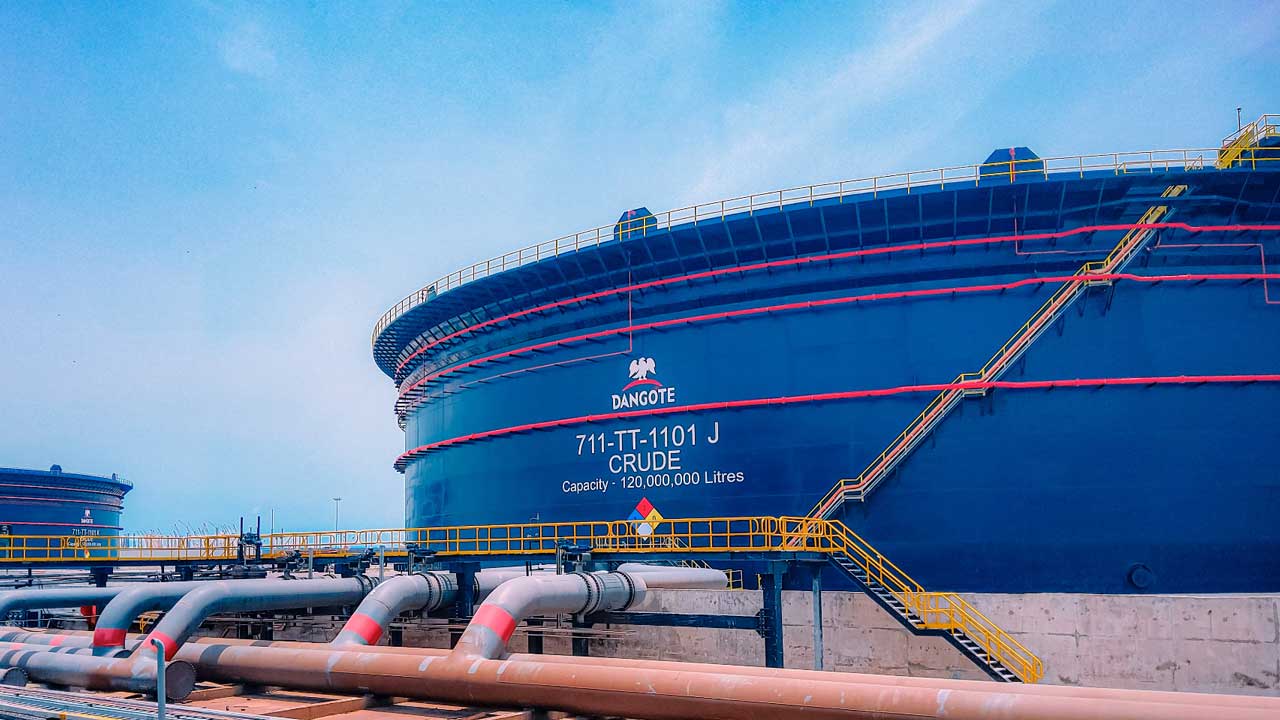Oluchi Chibuzor narrates how a drilling engineer with nearly two decades of experience, Olugbenga Abolarin, has distinguished himself by driving sustained, strategic, and impactful innovation in not only the deepwater basins of West Africa but also the unconventional shale basins in the United States
In the high-risk, capital-intensive world of oil and gas drilling, the line between profit and loss is often measured in millimeters of pipe and minutes of rig time. One engineer is setting new benchmarks for what’s possible on two continents. Olugbenga Abolarin, a drilling engineer with nearly two decades of experience, has distinguished himself by driving sustained, strategic, and impactful innovation in not only the deepwater basins of West Africa but also the unconventional shale basins in the U.S.
His innovations in well planning, capital efficiency, and technical risk mitigation have earned recognition from senior industry leaders and at Society of Petroleum Engineers (SPE) technical conferences. A senior engineering leader familiar with his work noted, “Abolarin’s drilling packages have become the benchmark for engineers across multiple regions. He has a unique ability to fuse engineering precision with clear economic justification.”
One of the most notable examples of Abolarin’s technical and business capabilities is his pivotal role as the technical architect of a multi-billion-dollar capital development program. In this role, he was responsible for designing the drilling plans and establishing a viable business case. Most notably, Abolarin led the development and implementation of probabilistic costing models, generating transparency for data-driven funding decisions. Abolarin’s rigorous methodology was a crucial component in his company’s success in raising over $1 billion in outside capital for the project.
His influence extends beyond financial engineering. During an exploratory venture in an offshore basin with unique geological challenges, Abolarin’s well design led to the discovery of commercially viable hydrocarbon reserves. The company detailed the finding in its earnings release and it received multiple mentions by the media, including S&P Global Commodity Insights in 2024. “Abolarin’s work was essential to the well’s success,” said a technical advisor familiar with the project. “His ability to navigate depleted zones, design safe casing strategies, and reduce drilling risk was second to none.”
Beyond large capital projects, Abolarin has advanced drilling methodologies in highly constrained environments. In a complex, dual-deviated injector well, he implemented a dynamic cementing strategy to maintain an Equivalent Circulating Density (ECD) within narrow margins, preventing catastrophic losses and achieving flawless zonal isolation without resorting to expensive lightweight cements. This strategy resulted in over $1 million in cost savings and was subsequently integrated into his company’s global cementing best practices.
In the United States, his transition to unconventional operations had a similarly significant impact. As part of a shale development program in the Permian Basin, Abolarin introduced a slim-hole, four-string well architecture that reduced drilling days by double digits and generated multimillion-dollar savings per well. The design’s performance record shattered regional benchmarks and was adopted as the standard model for subsequent developments.
One of his most notable field contributions arose from the necessity of sidetracking a horizontal well in West Africa. Faced with the unavailability of specialized tools, Abolarin engineered a cement kick-off plug using standard equipment—a solution previously believed to be unachievable. This marked the company’s first successful horizontal cement plug and sidetrack without specialized hardware, a major accomplishment. The method has since become a new model of practice within his organization for similar challenging sidetracks.
His influence extends beyond operational execution. Abolarin is also a published thought leader. He has authored several technical papers for SPE conferences, including
- “Optimal Well Designs and Process Frameworks”
- “Diagnostics and Recompletion Strategy of a Well with Sustained Casing Pressure”
These papers provide pragmatic, data-supported solutions to recurring engineering challenges. In addition, Abolarin has served as a technical paper reviewer for SPE NAICE, where he reviewed more than a dozen submissions on topics ranging from machine learning for wellbore instability to AI-enabled managed pressure drilling. He plays a direct role in ensuring that only the most technically sound and impactful innovations are shared with the broader engineering community.
As noted by industry colleagues, what sets Abolarin apart is not just his technical expertise, but his ability to transform “field-level engineering to enterprise-level value.” Whether optimizing casing design, spearheading risk-based cost modeling, or reshaping offshore well architecture, his work directly enhances project profitability, safety, and sustainability.
Abolarin is more than a world-class drilling engineer. He is a cross-functional strategist, problem solver, and innovator whose body of work continues to influence the global energy sector. As the oil and gas sector navigates increasingly complex operational and environmental challenges, voices like Abolarin’s are not only essential—they are transformative.




